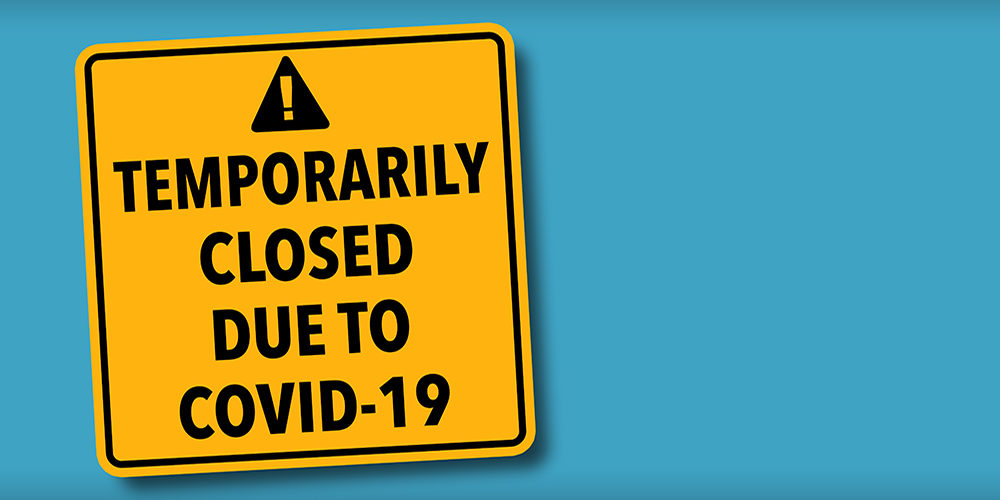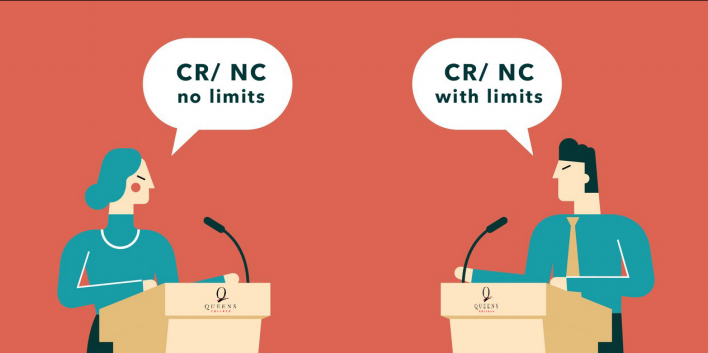As protesters took to the streets outside Queens College on Sat. June 6, one of the prominent questions of the summer once again flashed through the minds of hundreds of protestors, most of whom were Queens College students; if people are marching shoulder-to-shoulder on Kissena Boulevard, will in-person classes resume this fall?
Although this topic has been discussed thoroughly among students and faculty, opinions remain uncertain and diverse: “It seems that every day we hear new things” said Josh Simanowitz, a Senior majoring in Political Science. “Only time will tell. I can’t know if I would feel safe returning to classes in the fall.”
Since the Coronavirus pandemic has swept across New York City, over 200,000 cases have been confirmed. 17,000 of these cases have unfortunately proved fatal. Although the pandemic has long passed its peak in New York City, recently there have been small spikes of infection. There is growing concern that these new spots of activity could indicate a looming second wave as stay at home orders are gradually violated or relaxed.
Despite the fear that resuming in-person classes will cause a second wave of the virus, continuing to stay at home presents a great deal of risk. Many practicing physicians have found that while staying at home has decreased the spread of the virus, other unforeseen public health issues have emerged. Serious illnesses have been overlooked due to canceled appointments or overcrowded hospitals, and mental health has become a larger struggle than previously for the average citizen. While the pandemic itself has presented a harsh reality to the country, the risk of death posed to those under the age of 44 has been a relatively low 3.96% of citywide fatalities, according to Worldometer. According to CDC data, approximately 116 out of over 95,000 deaths from COVID-19 in the United States were young adults between the ages of 15 and 24, the age range encompassing most of Queens College’s students. In 2018, the number of suicides was over 6,000 in that very same age group, significantly greater than the current risk of a fatal case of Coronavirus. Since the lockdown, feelings of isolation and hopelessness have only increased, leading to greater rates of depression and self harm, which have only expanded this threat. According to Stanford News, only 52.4% of citizens between the ages of 18 to 31 are likely to actually adhere to social distancing rules. Many feel they have been wasteful with their time and that their academics have subsequently suffered.
“I do feel comfortable returning to college in the fall,” says Leon Alper, a Junior majoring in Physics. “I definitely had a harder time focusing on classes this Spring and I’ve felt a lack of real structure in my learning. Given certain security measures, I would feel safe at my age.”
The concerns of many students who are living with older relatives or currently dealing with health issues of their own must also be taken into account.
“With my health issues I have a higher risk of suffering from the virus and I don’t want to be forced to go back,” says Jessica Dalonzo, a rising Junior studying Elementary and Early Childhood Education. “But I want to go back. I’m over it.”
Online classes have always been an option for students at Queens College and hopefully that will remain so. However, in light of watching hundreds of protesters march in a packed formation through the streets of the city, college students have grown restless. Many feel that their productivity has drastically decreased due to the current situation. Although safety is a priority and will certainly remain so, the past few weeks have brought the effectiveness of social distancing into harsher scrutiny. Returning to normal will certainly be no easy feat. But due to the constant option for online courses, the large outdoor sections of campus, and the relatively youthful student body, Queens College is certainly one of the best equipped institutions to begin the shift.














